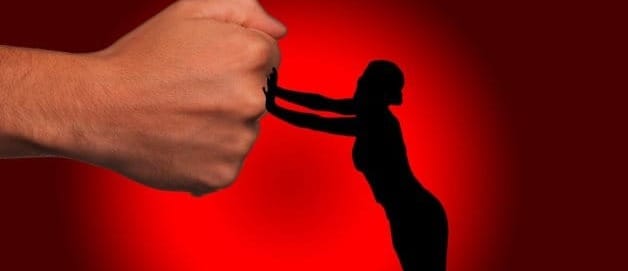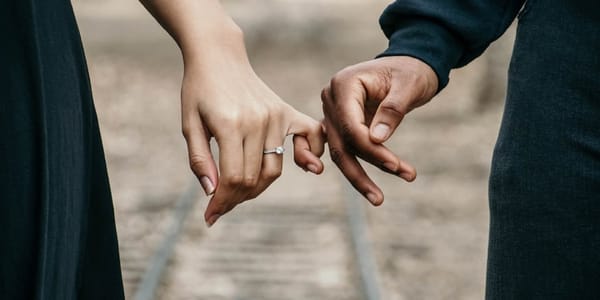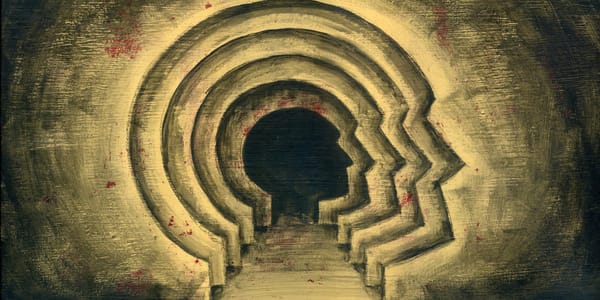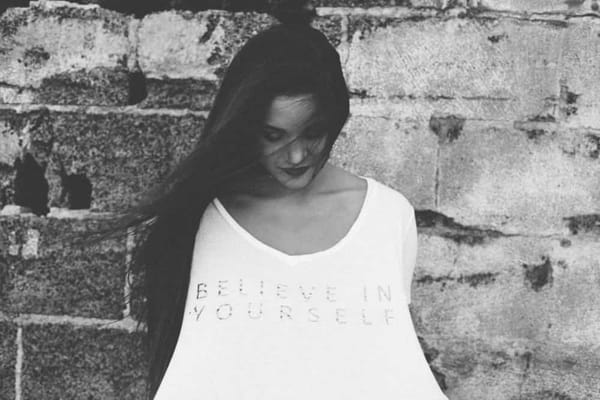The Avoidant’s Rejection Is an Act of Love

We were sitting in my car, hours after a tense disagreement at the bar. The night had grown quiet, but inside the vehicle, emotions were loud. He looked at me, eyes tired yet hopeful, and asked:
“Why do you keep pushing my love away?”
He didn’t understand. I didn’t expect him to. Not really.
He had just told me that he felt like he had come home with me. That I brought him peace. That he wanted nothing more than to spend his life making me happy.
On paper, it sounded like a dream. But in my heart, it felt like a red flag.
Because for someone with an avoidant attachment style, love like that, intense, immediate, needy, doesn’t feel like warmth. It feels like fire. It overwhelms.
And so, I made the hardest decision: I walked away
When Love Isn’t Really Love
There’s a difference between love and addiction. What he felt that night wasn’t grounded intimacy. It was emotional intoxication, a high that came from being seen, from being wanted, from finally feeling “chosen.”
In avoidant-anxious dynamics, this is common. The anxious partner seeks validation. The avoidant seeks safety in distance. Together, they create a push-pull cycle that feels like passion but is, in truth, pain in disguise.
This isn’t love. It’s trauma bonding. And it’s more common than most people realize.
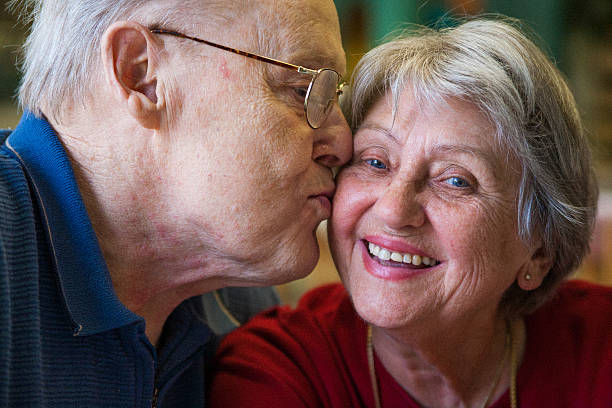
Attachment Styles: A Hidden Dance of Wounds
Anxiously attached individuals often come from childhoods where love was inconsistent or conditional. They were taught to chase affection, to work for worth. So, when they meet someone emotionally distant, it feels familiar — like home.
Avoidants, on the other hand, learned that closeness is dangerous. They may have had caregivers who were intrusive, neglectful, or emotionally unstable. For them, love often feels like a trap. So, when someone gets too close, they shut down or withdraw.
It’s not because we don’t care. It’s because we’re scared.
And when these two styles collide, they feed each other’s fears:
- The anxious partner becomes more demanding.
- The avoidant retreats even further.
And the toxic loop continues.
Why Rejection Sometimes Comes From Love
That night in the car, I knew I had the power to accept his love, to stay, to lean into his affection. But I also knew it would only lead to more confusion, more hurt, more emotional chaos.
I cared about him deeply. That’s why I had to leave.
It wasn’t an act of cruelty. It was an act of clarity. And yes, it hurt. It hurt him, and it hurt me. But it was honest. It was human. And it was necessary.
Avoidants often get blamed for being cold or emotionally unavailable. But many of us walk away because we don’t want to destroy the person who’s offering us their heart. We see the disaster ahead, and we choose to end it before it escalates.

The Unseen Struggle of the Avoidant
Not all avoidants are self-aware. Many repeat the cycle unconsciously, ghosting partners or sabotaging relationships without understanding why. They don’t realize that their fear of intimacy is rooted in early emotional wounds.
Some try to force themselves to stay, believing they’re broken and need to be “fixed.” I’ve done that too. I’ve told myself I just need to try harder, love deeper, push through the discomfort.
But the truth is: both the avoidant and the anxious need healing. One isn’t the villain and the other the victim. They are reflections of each other’s unhealed pain.
Why Anxious-Avoidant Relationships Rarely Work
Once I recognized the pattern, I could no longer pretend it wasn’t happening.
Anxious-avoidant pairings often feel electric at first. There’s chemistry, drama, passion. But over time, it turns into a painful cycle:
- The anxious clings tighter.
- The avoidant feels trapped and pulls away.
- The more one chases, the more the other runs.
Eventually, it becomes a self-fulfilling prophecy — neither feeling safe, both feeling exhausted.
Staying in that loop doesn’t heal anyone. It deepens the wound.
The Power of Walking Away
When I left him, it wasn’t because I didn’t care. I did.
I knew he deserved someone who could meet him where he was, who could offer the consistent affection he craved. And I knew I needed to grow in solitude, away from the emotional intensity that made me want to shut down.
I didn’t reject him because he wasn’t lovable. I rejected him because I wasn’t capable of offering the love he needed. Not at that time. Not in that way.
And in my heart, I truly believed that walking away was the most loving thing I could do.
What Avoidants Really Want (Even If We Can’t Admit It)
Avoidants aren’t heartless. We long for love, too. But we need space. We need time. We need partners who are secure in themselves, who don’t make us feel like their entire emotional well-being depends on us.
Ironically, the more space we’re given, the more we feel safe to come closer.
We’re most drawn to those who don’t need us to feel whole. People who have their own lives, passions, and identities. People who understand that closeness doesn’t have to mean control.
Healing Begins With Awareness
Avoidants must do the work — therapy, reflection, learning to tolerate intimacy without panic. But so must the anxious.
If you’re anxiously attached, your healing won’t come from chasing love. It will come from becoming the kind of person who no longer begs for it.
And when both people are aware, the dance can change.
But if only one partner is growing and the other is repeating old patterns, heartbreak is inevitable.
Accept the Rejection
When an avoidant walks away, consciously, intentionally, it might be the most honest act of love you’ll ever receive.
We see the pain ahead. We know the outcome. And sometimes, the only way to protect both people is to step back before the storm arrives.
He stepped out of my car that night holding back tears. I wanted to call him back. I wanted to erase the pain. But I didn’t.
Because love isn’t just about staying.
Sometimes, it’s about letting go, so both people can finally grow.
If someone walks away from you, especially someone who struggles with intimacy, don’t chase them. Don’t take it personally.
Instead, use that moment to turn inward.
Find your peace. Build your worth.
And someday, when love comes again — and it will —
you’ll be ready to receive it without fear, without addiction, and without needing to lose yourself in it.
Because real love doesn’t complete you.
It meets you whole.
And that’s the kind of love we’re all worthy of.


